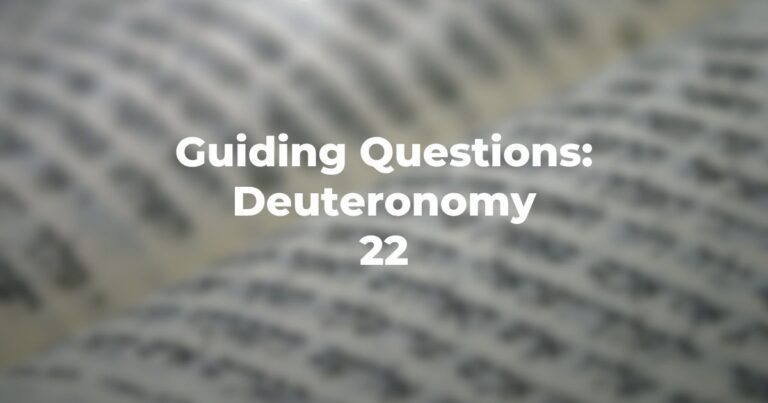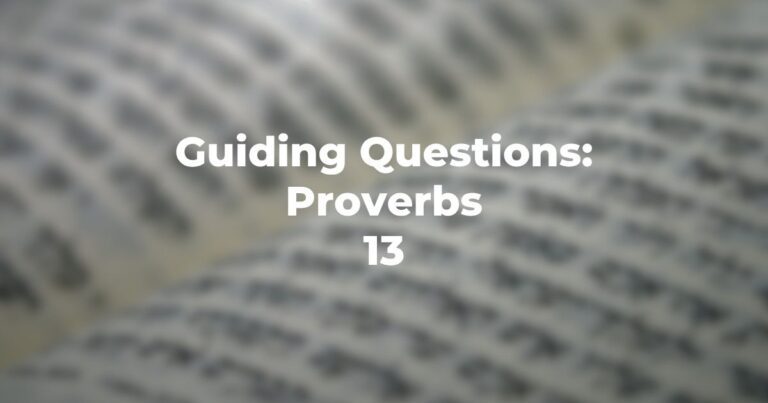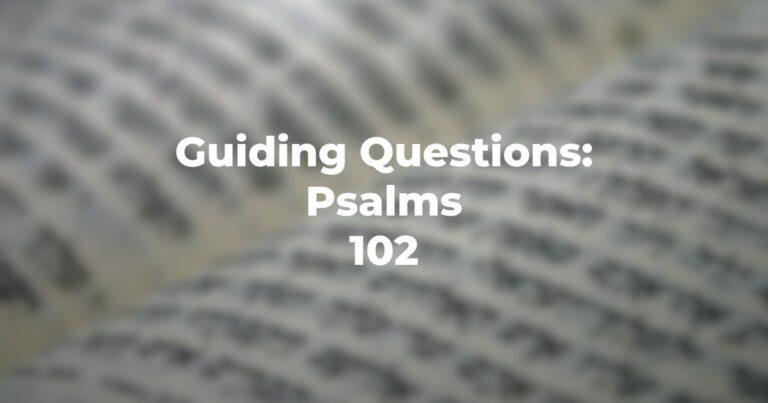- What is the seventh month?
- Why would Ezra (apparently mentioned here for the first time) as a “scribe” be called upon to read the “Book of Torat Moshe” and not any of the Kohanim or Nehemiah?
- In Nehemiah 8:2 Ezra is referred to as a “Kohen” — is this documented in any other source?
- According to Nehemiah 8:4, was the reading simply a “reading” or was there was a ceremonial and official aspect to it?
- Who served as the interpreters of the text to the people?
- According to Nehemiah 8:9, “this day” — Rosh Hashanah — was not only a unique day but one on which there was to be no mourning; why was there a sadness, in any event?
- Did the people eventually come to a joyous appreciation of the day (Nehemiah 8:12)?
- Based upon Nehemiah 8:13-15, had there been some “forgetting” of Sukkot?
- And, specifically, in Nehemiah 8:17, would the “forgetting” seem to have been of very substantial duration?
- Is there any reference in the text to the tenth day of the seventh month (now observed as Yom Kippur)?
Author
-

Exploring Judaism is the digital home for Conservative/Masorti Judaism, embracing the beauty and complexity of Judaism, and our personal search for meaning, learning, and connecting. Our goal is to create content based on three core framing: Meaning-Making (Why?), Practical Living (How?), and Explainers (What?).
View all posts




